
check

check

check

check
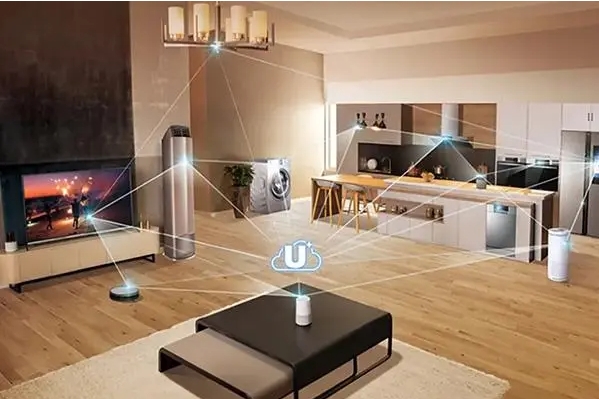
Smart home appliances refer to home appliances that realize intelligent control and networked interaction through the Internet, sensors and artificial intelligence technology. Smart home appliances have a wide range of applications, including but not limited to the following aspects:
1. Smart home control system: Through the integration and interconnection of smart home appliances, remote control and automation of home electrical equipment can be achieved. For example, turn on lights, adjust temperature, close curtains, etc. through mobile APP or voice control device.
2. Smart kitchen equipment: Smart kitchen equipment can help users cook and manage ingredients more conveniently. For example, smart refrigerators can automatically identify ingredients, remind users to buy groceries, and provide recipe suggestions based on ingredients and user preferences.
3. Smart home security system: The combination of smart home appliances and security equipment can provide a higher level of home security protection. For example, smart cameras, smart door locks, and smart alarms can monitor home conditions in real time and push alarm information through mobile phones.
4. Intelligent energy management: Smart home appliances can also help users achieve more efficient use and management of energy. For example, smart meters can monitor household electricity consumption in real time and provide electricity usage suggestions and electricity bill management; smart home appliances can automatically adjust energy consumption to achieve energy conservation and environmental protection.
5. Healthy life assistance: Smart home appliances can also assist users in living a healthy life. For example, smart scales can record weight and health data and provide health advice; smart air purifiers can detect and purify indoor air to improve the quality of the living environment. With the continuous advancement of technology, the functions and application fields of smart home appliances will continue to expand and innovate, bringing a more convenient, comfortable and intelligent home life experience.
Common sensors in smart home appliances include:
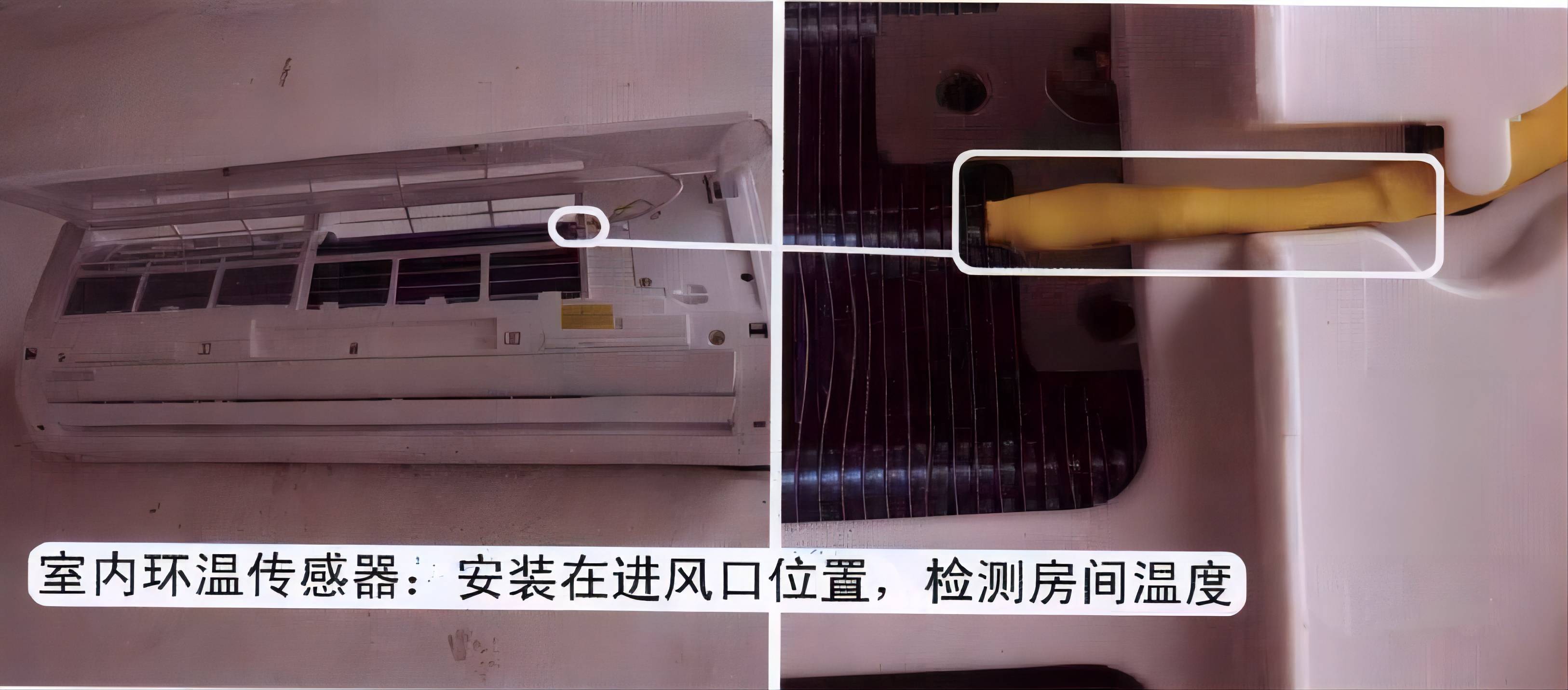
△Temperature sensor: used to monitor ambient temperature, such as used in air conditioners, thermostats and other equipment.
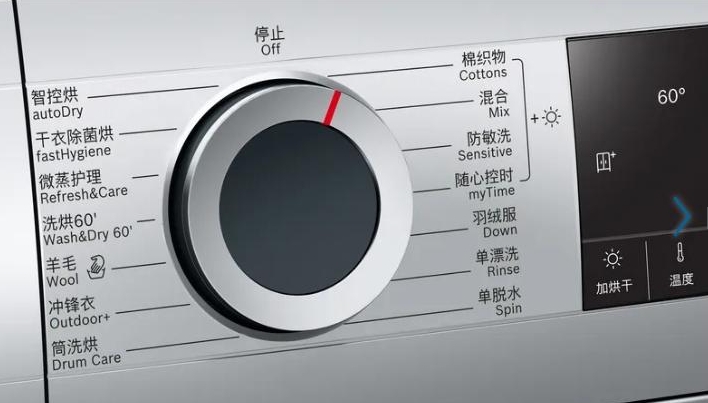
△Humidity sensor: used to monitor environmental humidity, such as used in air humidifiers, smart washing machines and other equipment.
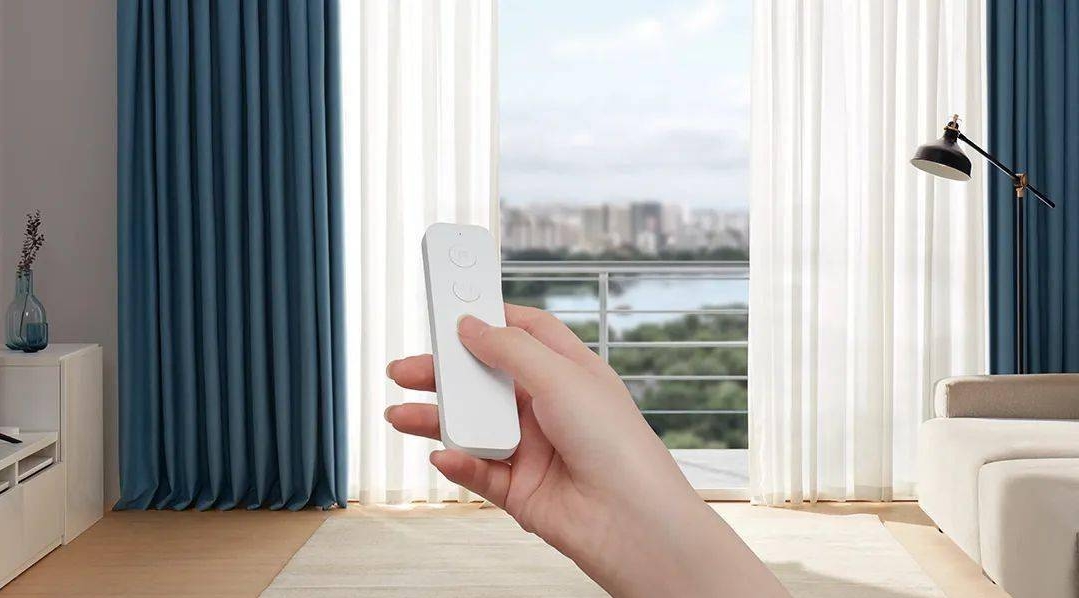
△Light sensor: used to detect light intensity, such as used in smart lamps, smart curtains and other equipment.
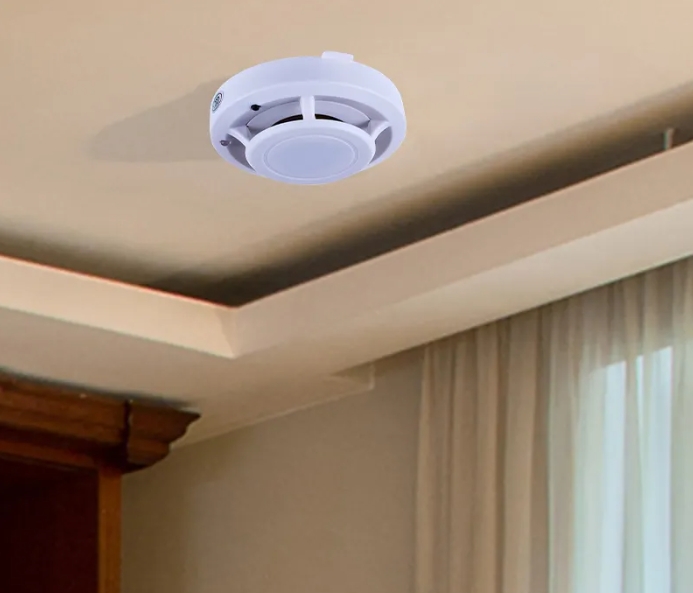
△Smoke sensor: used to detect smoke concentration, such as used in smart smoke alarms, smart smoke machines and other equipment.
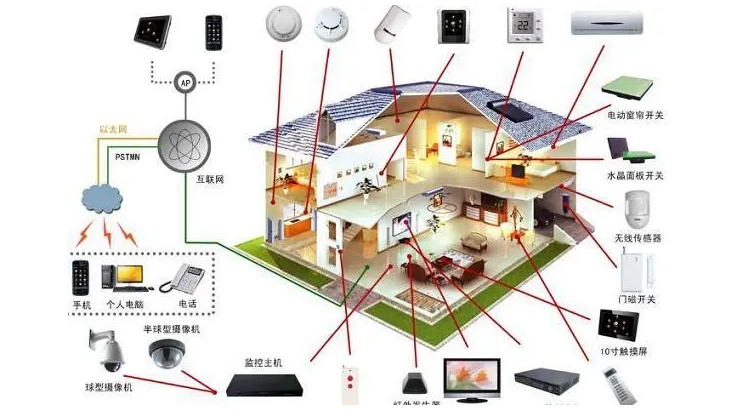
△Human body induction sensor: used to detect human activities, such as used in intelligent security systems, intelligent lighting systems and other equipment.
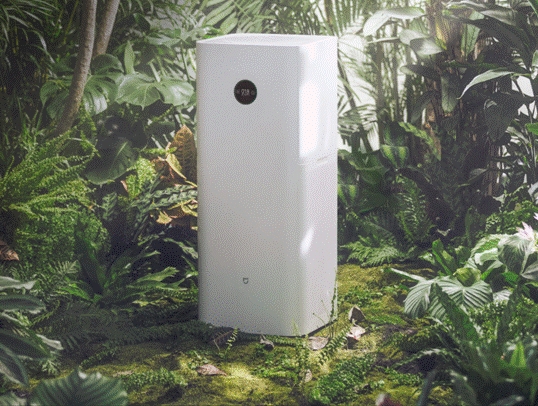
CO² sensor: used to detect indoor carbon dioxide concentration, such as used in smart air purifiers, constant temperature and humidity systems and other equipment.
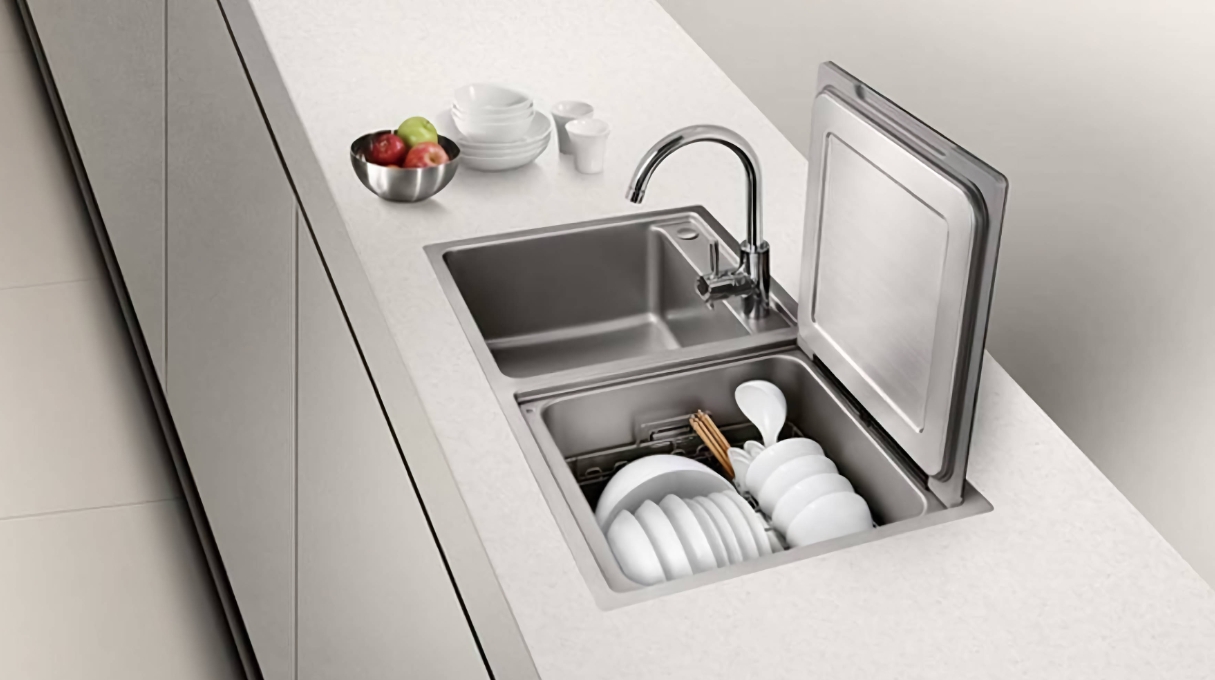
△Water level sensor: used to detect water level, such as used in smart dishwashers, smart washing machines and other equipment.
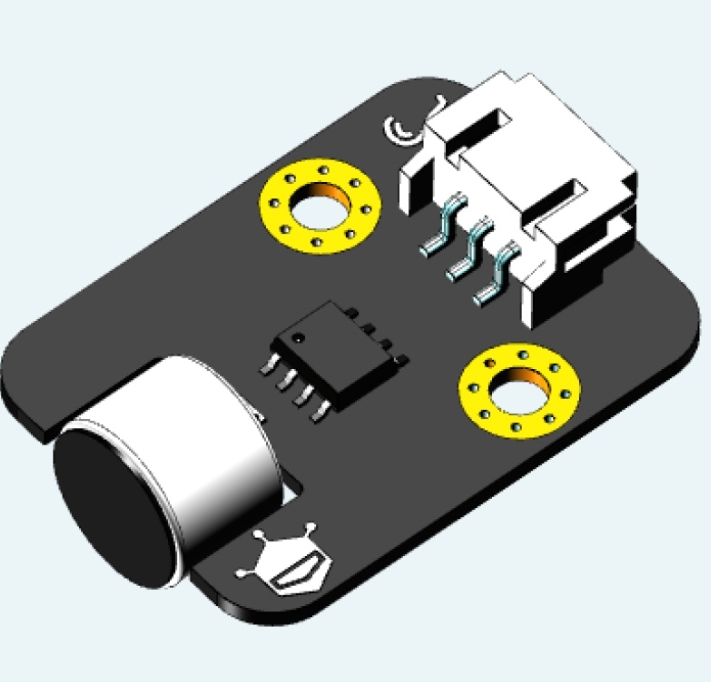
△Sound sensor: used to detect environmental sound levels, such as used in smart speakers, smart doorbells and other devices.
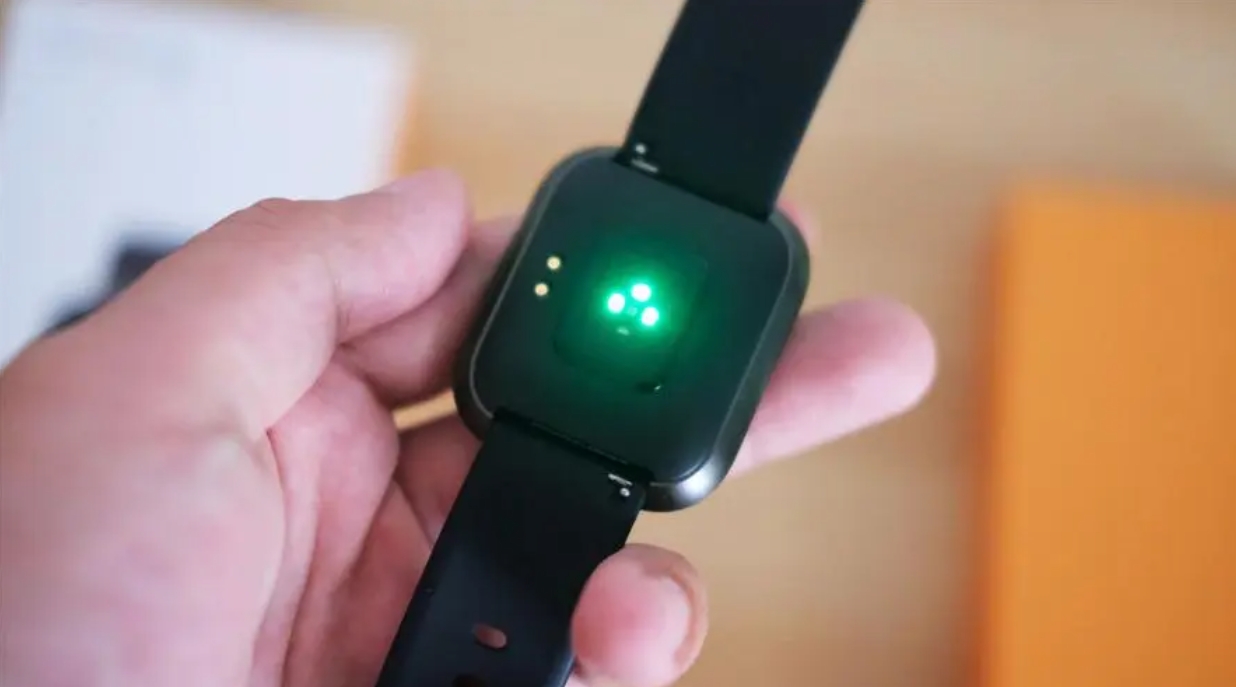
△Gravity sensor: used to detect the tilt and motion status of the device, such as used in smart watches, smart cameras and other devices.

△Smart access control sensor: used to monitor the opening and closing status of the door, such as used in smart door locks, smart access control systems and other equipment.
The above are common sensors in smart home appliances. Different home appliances use different types of sensors based on their functions and needs.









